Keywords: Sustainable Energy
-
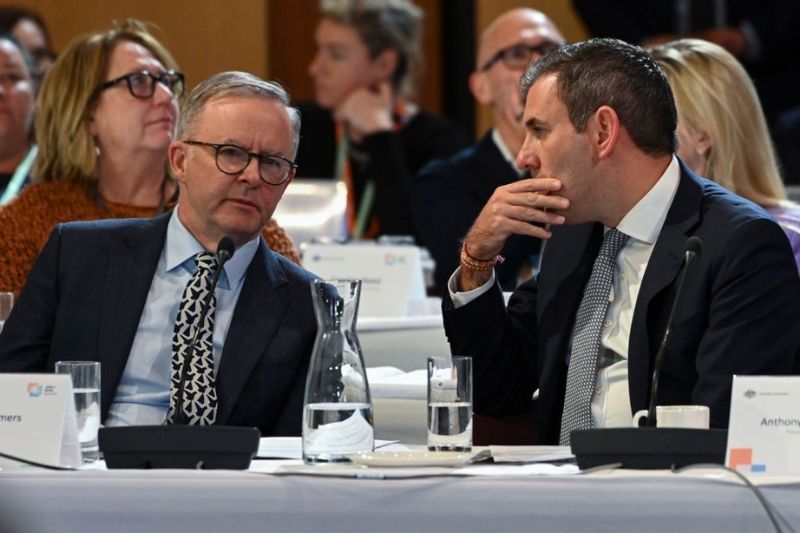
AUSTRALIA
- Andrew Hamilton
- 06 September 2022
3 Comments
The policy of the Labor Government can be described as steady as she goes. This does not mean that it will simply follow the policies of the previous government. Its reading is that the ship of state has been becalmed, responding haphazardly to the political winds with no sense of direction or destination. It had become the ship of fools. The new Government then has committed itself to show that there are captain on board and a competent, disciplined crew that can work together.
READ MORE 
-
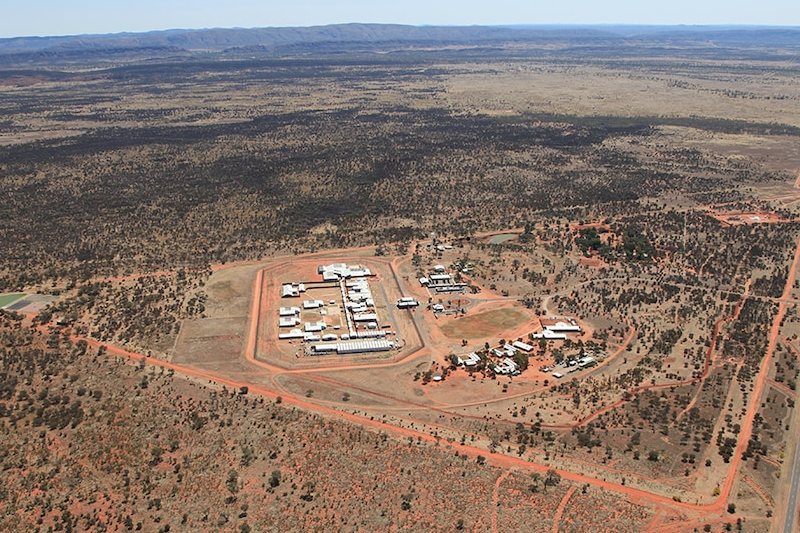
AUSTRALIA
- Julie Edwards
- 18 January 2022
2 Comments
The images are simultaneously striking and terrifying. A raging grassfire that is shooting flames into the sky and destroying nature around it and lapping perilously close to the fences around Central NSW’s Lithgow Correctional Centre. As local residents were evacuated and highways were closed to protect public safety when the fire raged out of control just before Christmas in 2019, 400 prisoners remained detained.
READ MORE 
-
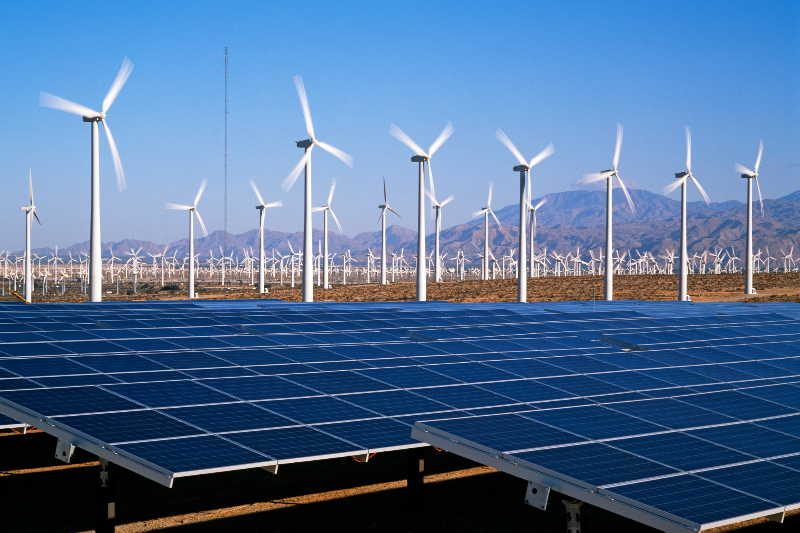
ECONOMICS
- David James
- 08 November 2021
4 Comments
The Glasgow United Nations Climate Change Conference has been advertised as an effort to focus on sustainable environmental solutions. What got much less attention, if any, is that it is probably at least as much about having a sustainable financial system. Many noted that China, did not send its leader: Xi Jinping, president of the world’s greatest CO2 emitter. There was also another significant absence: the financiers who are hoping to profit from the trillions allocated into climate change projects.
READ MORE 
-
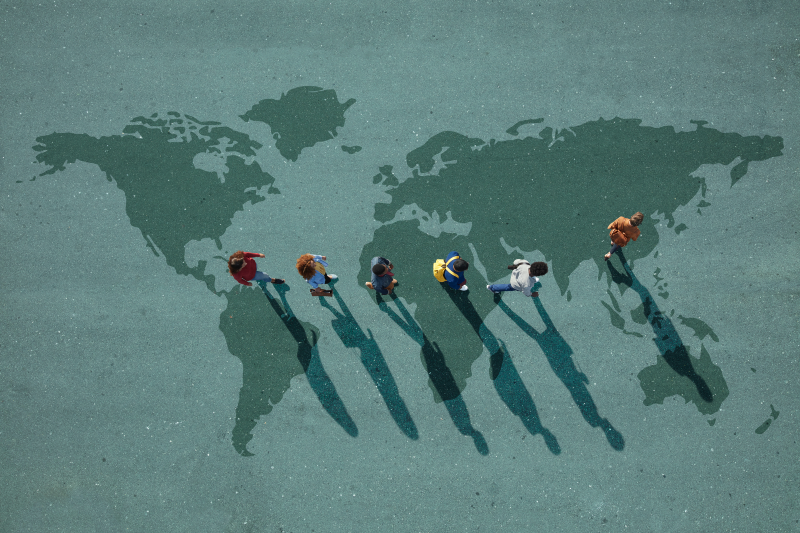
ENVIRONMENT
- Sangeetha Thanapal
- 03 November 2020
22 Comments
The environmental movement in general has a serious race problem. Make no mistake, an ideology that says humans are the problem is a colonial ecology; the Malthusian fear of overpopulation is rooted in racist ideals.
READ MORE 
-

ENVIRONMENT
- Various
- 18 September 2020
3 Comments
The pandemic has afforded us a preview of how a crisis plays out when the science is not properly heeded. The overwhelming majority of climate scientists have long been sounding the alarm that the health and safety of large parts of the population are at serious risk, both here and around the world. We are already seeing the damage to health and to the environment that they predicted.
READ MORE 
-
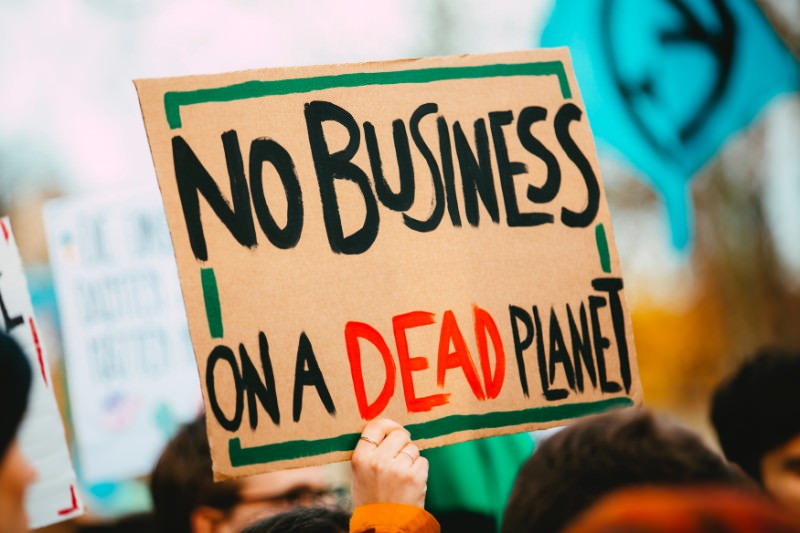
ENVIRONMENT
- Alana Schetzer
- 19 May 2020
3 Comments
Multiple media reports have focused on individuals and households moving away from sustainability — mostly because of understandable concerns about contamination — and yet, the conversation about the impacts of our biggest businesses and corporations hasn’t been as loud.
READ MORE 
-

ENVIRONMENT
- Andrew Jackson
- 21 February 2020
6 Comments
As the bushfires raged and air quality worsened, we were constantly told to stay indoors, keep cool and be alert for emergency orders on our phones. But with each public service announcement, we continued to leave some of our most vulnerable behind.
READ MORE 
-

ECONOMICS
- David James
- 22 November 2019
5 Comments
At the next global financial crisis, when questions about what we want our monetary system to do for us become a matter of survival, why not devise a transactional system that is not just geared towards the consumption of goods and services, but involves monetary exchanges for social goods, such as sustainable production, or civic benefit?
READ MORE 
-
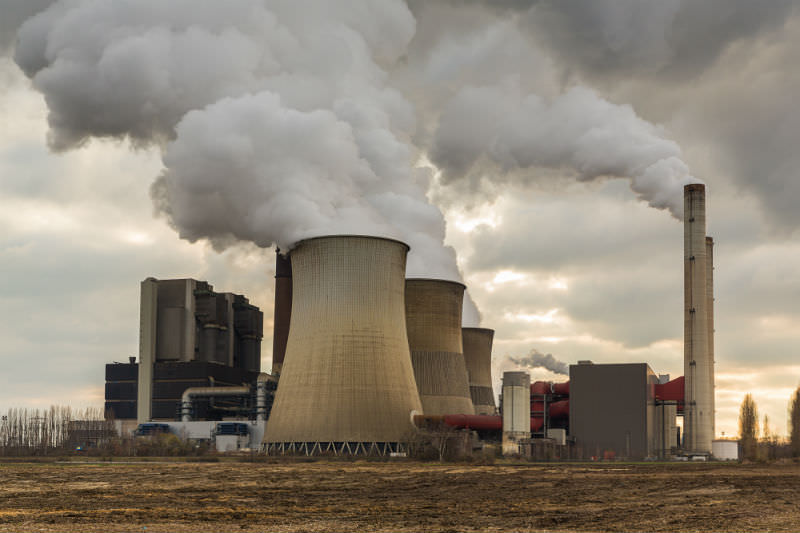
ENVIRONMENT
- Tim Hutton
- 17 September 2019
15 Comments
The problem with the discussion about nuclear energy is that it is a distraction; an ideologically driven misdirection by those who are more concerned with opposing renewables and the 'green-left' than solving our country's energy problems. Nuclear just doesn't make sense for Australia at this stage of the game.
READ MORE 
-

ENVIRONMENT
- Greg Foyster
- 22 July 2019
22 Comments
Five years ago I woke in the middle of the night and wrote a letter to myself about climate change. 'The world around you no longer exists. The conditions that created it have already changed and the society you know remains the same only due to inertia.' Now I know I'm not the only one who's lain shuddering with this awful premonition.
READ MORE 
-
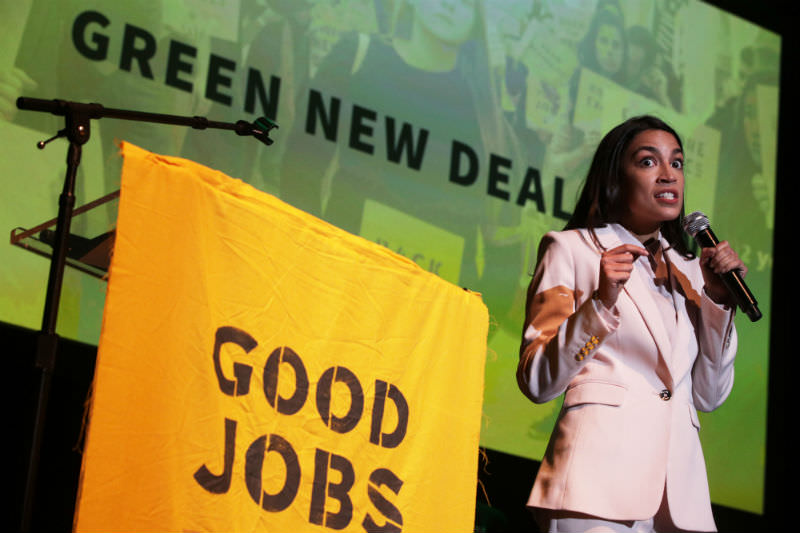
ENVIRONMENT
- Greg Foyster
- 19 June 2019
8 Comments
People are lacking inspiration and courage. So right now, what we need is a solution as big as the problem we're trying to solve, and the best idea on the table is a 'Green New Deal' that combines action on climate change with tackling inequality.
READ MORE 
-

FAITH DOING JUSTICE
- Daniel Nour
- 15 April 2019
We've witnessed this confluence of economic opportunity with aid and development in Indonesia, where our support of local eco-tourism has revived communities with self-sustaining employment opportunities while preserving local rainforests from being felled for wood.
READ MORE 